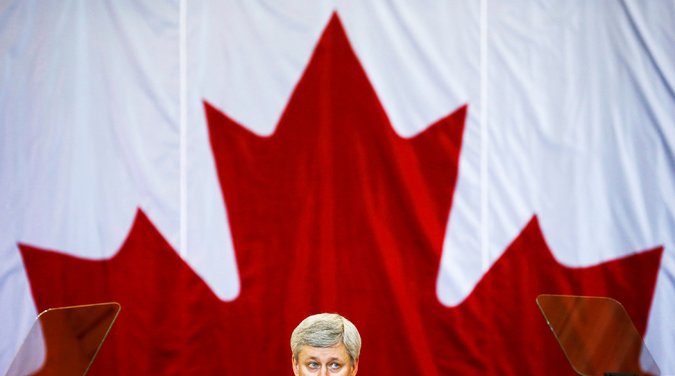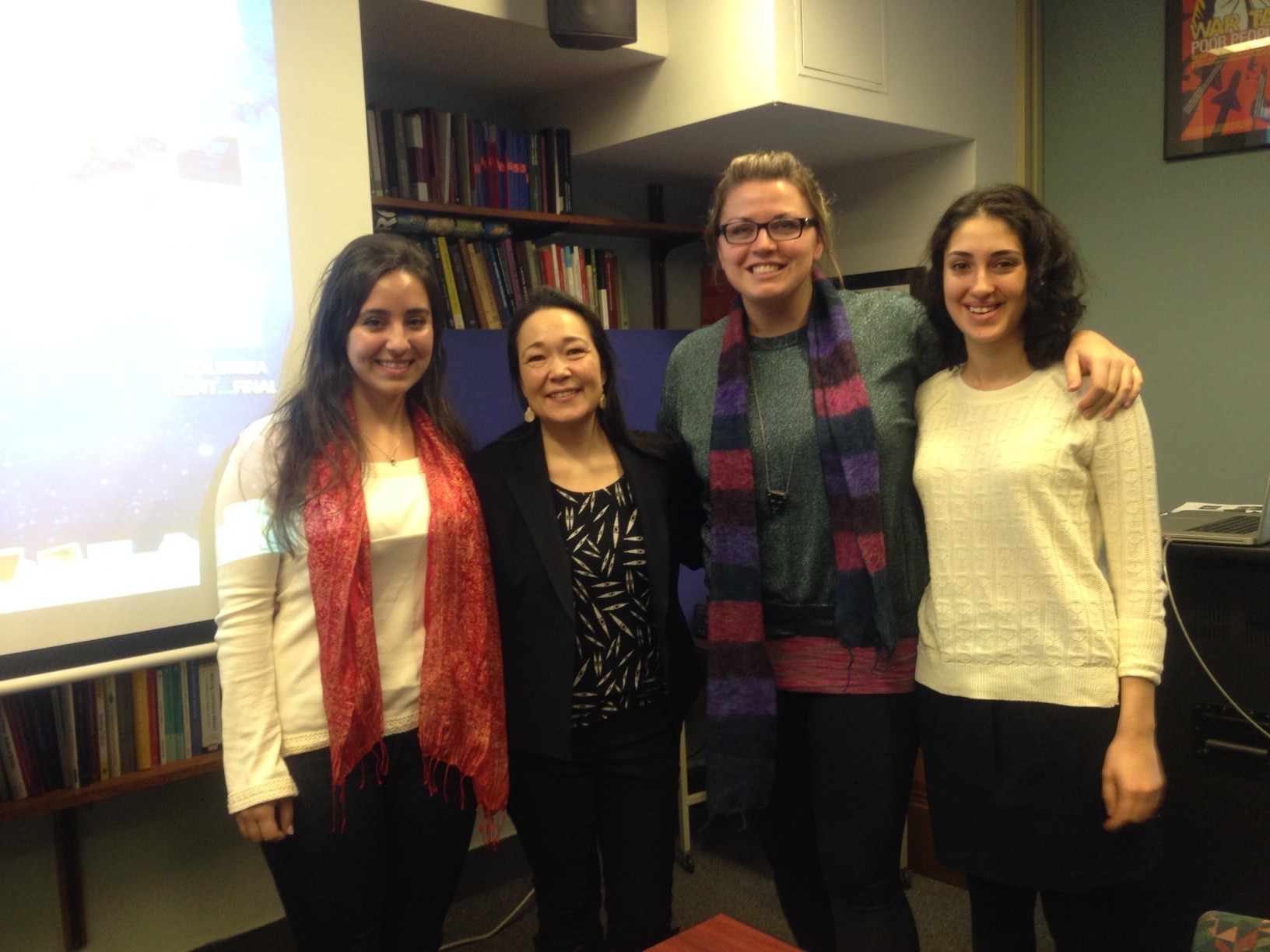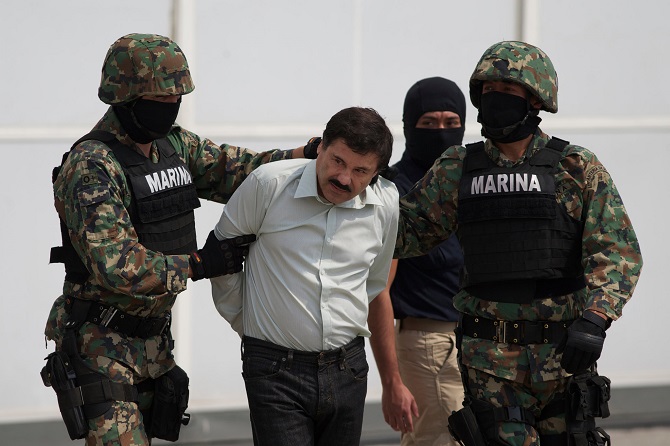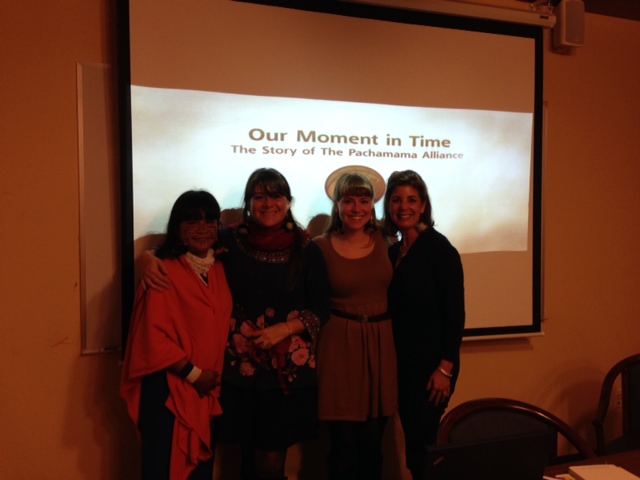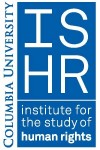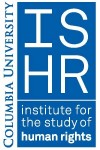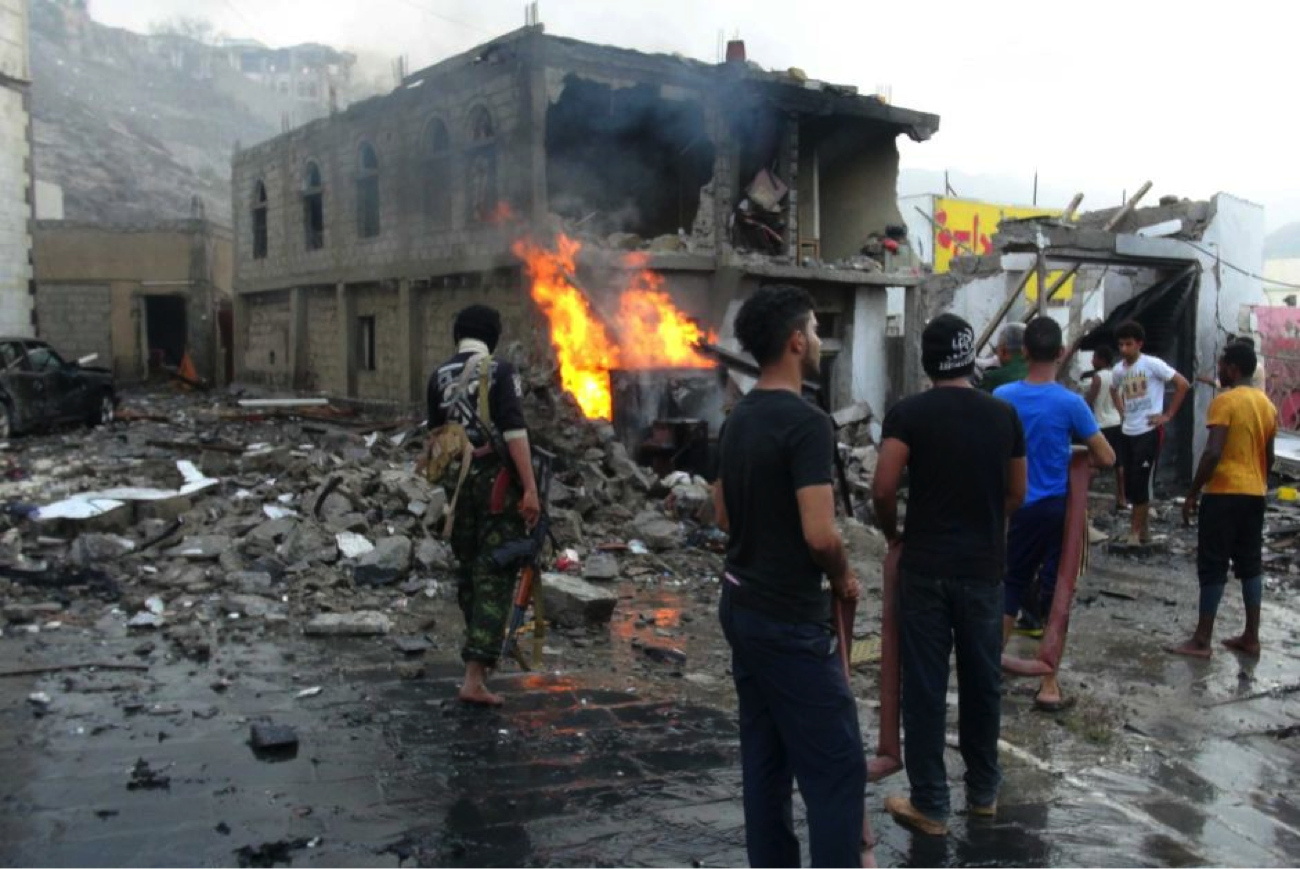
The U.S. in Yemen: Worth the Human Cost?
By Alan Williams, an M.A. student in human rights
Ten months in, the role of the United States in the GCC-led bombing of Yemen needs to be reevaluated.
The campaign was initiated by the Gulf Cooperation Council in order to destabilize the Houthi militia controlling the government in Yemen’s capital Sana’a, and to reinstate deposed president Abd Rabbuh Mansur Hadi. Hundreds of airstrikes later, the UN has reported 8,100 civilian casualties with 2,800 deaths. At this point in the conflict, 93% of the deaths have been civilian. Starvation is at critical levels, and delivering aid to those in need is becoming increasingly difficult. Mirroring the numerous attempts at reaching a lasting ceasefire in Syria, all attempts at making peace have been quickly subverted. At its outset, the United States reluctantly supported the Saudi-led campaign, but such support has proven more harmful than helpful.
On March 25th 2015, the National Security Council (NCS) spokesperson announced that President Obama had authorized the provision of...


